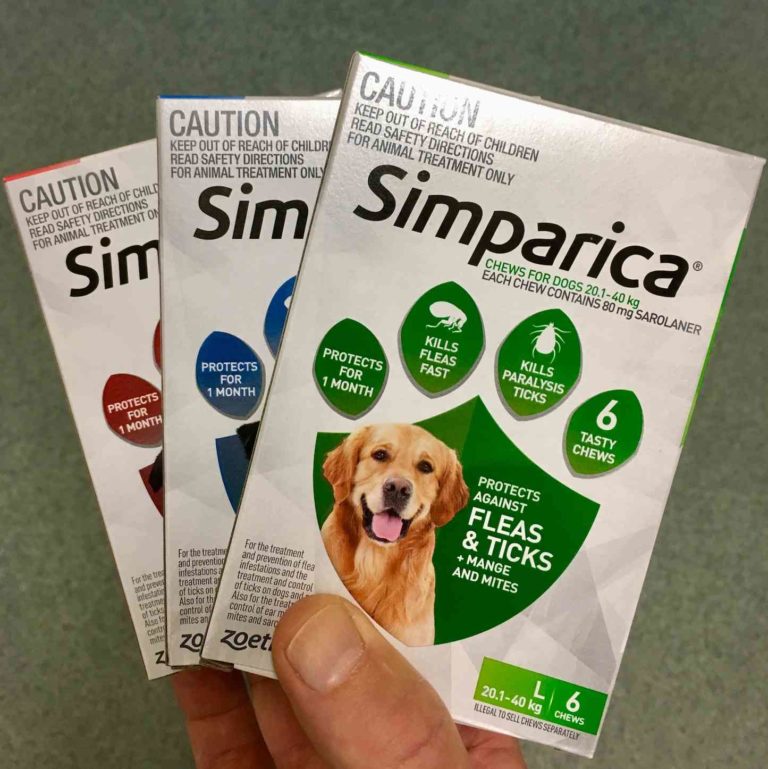
Injectable heartworm treatment side effects include seizure, shock, swelling, skin irritation or itching, diarrhea and vomiting. Oral heartworm medications there are rarely side effects, if given at the proper dosage, but some dogs may experience vomiting, diarrhea, or incoordination.

The most severe side effects are related to a large number of worms suddenly dying.
Side effects of heartworm medicine in dogs. Some of the side effects of ivermectin include: The use of oral worm’s pills, if administered properly, is seldom accompanied by side effects. So the best guess we have is the adverse reactions that occur right after taking heartworm meds.
Interceptor (milbemycin oxime) the above reactions plus weakness. Some of the side effects may also include stumbling, running into the walls or. Oral heartworm medications there are rarely side effects, if given at the proper dosage, but some dogs may experience vomiting, diarrhea, or incoordination.
It is rare for dogs to experience side effects from heartworm treatment. Dogs are routinely hospitalized for heartworm treatment, so they can be treated for the side effects as well. Always check with your veterinarian before changing your pet’s diet, medication, or physical activity routines.
What are the side effects of heartworm treatment in dogs? Heartworm disease is a serious parasitic infection spread by mosquitoes. It’s also an option to consider for herding breed owners because it doesn’t contain ivermectin.
Oral heartworm medications there are rarely side effects, if given at the proper dosage, but some dogs may experience vomiting, diarrhea, or incoordination. There are rarely side effects, if given at the proper dosage, but some dogs may experience vomiting, diarrhea, or incoordination. Dog facts / 5 minutes of reading.
Common side effects of heartworm medication. Some of these symptoms are more serious than others. In the case of an allergic response to the heartworm medication, a dog may experience itching, hives, swelling of the face, or even seizures or shock.
Here are some reported side effects of common heartworm medications for dogs. Dogs that have been under heartworm prevention may develop hind leg paralysis. Some of the side effects associated with heartworm medication include nausea, vomiting, loss of appetite, seizures, and tremors.
It can lead to serious medical conditions such as: Side effects from topical heartworm treatments include hair loss at the application site, diarrhea, vomiting, trembling, panting and drooling. Injectable heartworm treatment side effects include seizure, shock, swelling, skin irritation or itching, diarrhea and vomiting.
A new drug is available that does not have as many side effects, allowing successful treatment of more than 95% of dogs with heartworms. They may show signs of disorientation, irritation, and lack of coordination. Certain dogs have a genetic mutation that makes them sensitive to ivermectin, which is a common ingredient in heartworm preventative medication.
The heartworm medication might exacerbate an allergic response in a dog, so it can cause itching, hives, swelling of its face. Heartgard and triheartplus (ivermectin) depression/lethargy, vomiting, anorexia, diarrhea, mydriasis, ataxia staggering, convulsions and hypersalivation. In the case of an allergic response to the heartworm medication, a dog may experience itching, hives, swelling of the face, or even seizures or shock.
What are the side effects of heartworm prevention medication in dogs? Side effects of canine heartworm meds. The most severe side effects are related to a large number of worms suddenly dying.
In the case of an allergic. Sensitivity may cause an extreme reaction in some dogs. To learn more about the disease itself, click here.
Some dog owners report that their dogs experience mild or brief side effects after taking heartworm medication. Treatment for heartworm can cause serious complications for your pet�s health and can be potentially toxic to the dog’s body. This medication’s most common side effect is an upset stomach, but it’s a fairly rare occurrence.
Side effects for the treatment injections, particularly melarsomine and thiacetarsamide, can be nasty, including diarrhea, vomiting, loss of appetite and jaundice. Dogs can ingest ivermectin not only in the form of heartworm preventative, but also if they eat the manure of livestock that were treated with. However, as with any drug, heartgard medicine can have some side effects.
Can heartworm medicine make my dog sick. Side effects are common with heartworm treatment.many dogs experience soreness and swelling at the site of melarsomine injections (the muscles on either side of the spine). Ivermectin must not be used in the rough or smooth collie, shetland sheepdog, old english sheepdog, australian shepherd or other herding breeds or crosses including these breeds.
Heart failure, lung disease, and even death. Many dogs experience soreness and swelling at the site of their injections. What are the side effects of heartworm treatment in dogs?
If your dog exhibits dilated pupils or lack of coordination, seek emergency. Many dogs have advanced heartworm disease at the time they are diagnosed. It’s known as ivermectin toxicity and can be so severe that it could endanger a dog’s life.
As with all other heartworm medications, there are some side effects and medical conditions to consider before administering this chew. Nevertheless, some dogs may experience vomiting, diarrhea, or difficulty swallowing in dosages of 200 mg or above. However to learn more about the treatment and heartworm medicine for dogs, keep reading this article.
There are rarely side effects, if given at the proper dosage, but some dogs may experience vomiting, diarrhea, or incoordination. In the case of an allergic response to the heartworm medication, a dog may experience itching, hives, swelling of the face, or even seizures or shock. Here are some reported side effects of common heartworm medications for dogs.
Heartgard and triheartplus (ivermectin) depression/lethargy, vomiting, anorexia, diarrhea, mydriasis, ataxia staggering, convulsions and hypersalivation. Abscesses can also form in these locations.